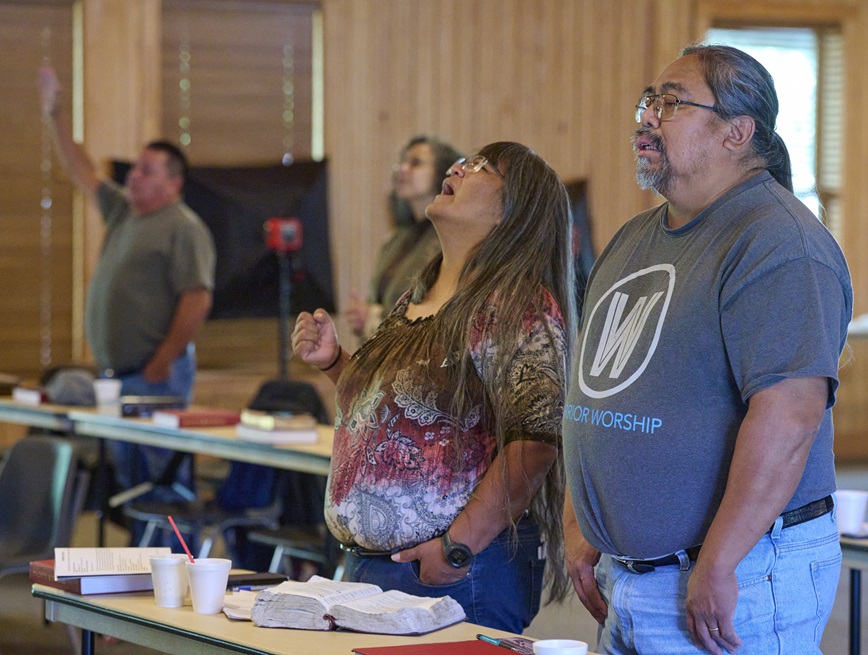Related Articles
Global Report: Just Saying No
Missiologists take a hard look at reasons for gospel resistance.
Welcoming the Stranger
Presenter: Matthew Soerens, US Director of Church Mobilization, World Relief Description: Refugee and immigration issues have dominated headlines globally recently. While many American Christians view these…
From Unhealthy Dependency To Local Sustainability
Presented by: Jean A. Johnson, Executive Director of Five Stones Global Description: It takes a great amount of intentionality to create a culture of dignity,…
The Roles of Church and Mission in Crisis Management: Overlap? Competition? Cooperation?
Description: This webinar will look at the issues churches and missions face in responding to crises on the field. How do they cooperate and communicate…
Rethinking Missions in Native America
By Patrick Lennox | The mission to Native America is not complete. We need more Native pastors to plant new churches and to revitalize existing churches. Those pastors would benefit from seminary training and encouragement to persevere in their communities. And we need the non-Native body of Christ to come alongside and support Native brothers and sisters in their efforts to fulfill the Great Commission in North America.




